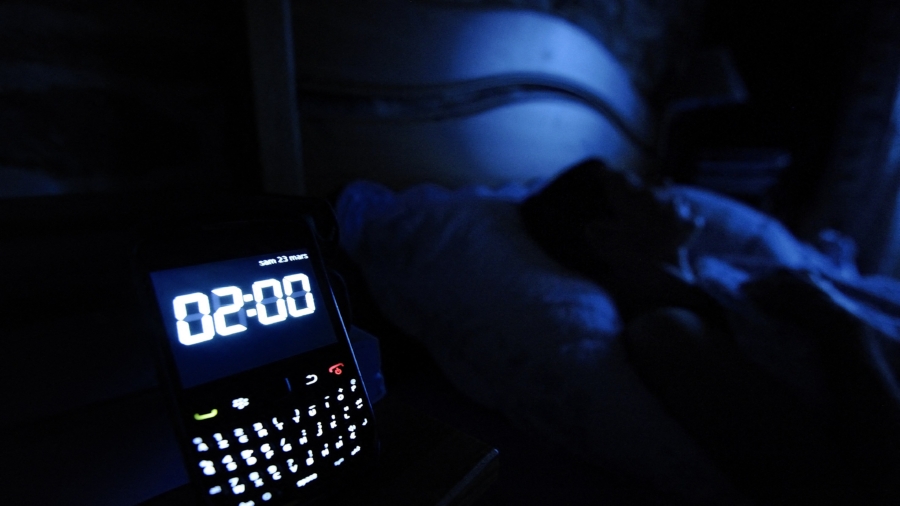It is common for people to feel like the world is a dark place in the late hours of the night. Uncontrollable streams of negative thoughts may plague your mind as you lie awake or scroll through your phone. You might succumb to your cravings for leftover cheesecake or a bottle of wine.
Night owls who stay up late might be able to relate with the “Mind After Midnight” hypothesis from a recent paper published in the Frontiers in Network Physiology journal.
It says that a natural cycle of activity that affects our emotions and behavior occurs in the human body and mind. Hence, while molecular and brain functions are active during the day, the body seeks rest at night.
Researchers suggest that the human circadian rhythm—the internal natural process of the body that synchronizes the sleep-wake cycle every 24 hours—is significantly involved in neurophysiological changes in the brain that affect the way we interact with the world, particularly by actions associated with reward processing, impulse control, and information processing.
“The basic idea is that from a high level, global, evolutionary standpoint, your internal biological circadian clock is tuned towards processes that promote sleep, not wakefulness, after midnight,” says Dr. Elizabeth B. Klerman, the Harvard Medical School neurology professor and lead author of the study.
Numerous studies demonstrate that being up at night alters how the human mind works. After midnight, we are more likely to focus on negative than on positive emotions, be more attracted to risky ideas, and lose our inhibitions.
A 2016 study published by the National Library of Medicine, which indicated that suicides were statistically more likely to occur at night, provided important information that shaped the hypothesis. According to the study, there was a three-fold rise in suicides between the hours of midnight and six in the morning compared to other times of the day.
“Suicide, previously inconceivable, emerges as an escape from loneliness and pain, and before the costs of suicide are considered the student has acquired the means and is prepared to act at a time when no one is awake to stop them,” the authors of the Mind After Midnight hypothesis explain.
The risks associated with the illegal or improper use of substances such as cannabis and opioids are higher at night. Homicides and other violent crimes are also more prevalent at this time.
According to Klerman, the circadian influence on the neural activity in our brains changes throughout the course of a 24-hour period, resulting in variations in how we interpret and react to the outside world.
For instance, positive affect, which refers to the tendency to perceive information positively, peaks in the morning when circadian effects are set to alertness and is lowest during the night when circadian influences are tuned to sleep.
In contrast, negative affect—the tendency to interpret information negatively—is at its peak at night.
The decision-making regions of the brain, which typically work to reduce negative emotional distractions and focus on goal-oriented behavior, are then given this biased interpretation of the information.
However, circadian-influenced alterations that occur at night in certain regions of the brain might affect how well they operate, make decisions, and set priorities.
Your perspective on the world narrows and darkens all of a sudden, which leads to poor decisions and the consequences that follow.

